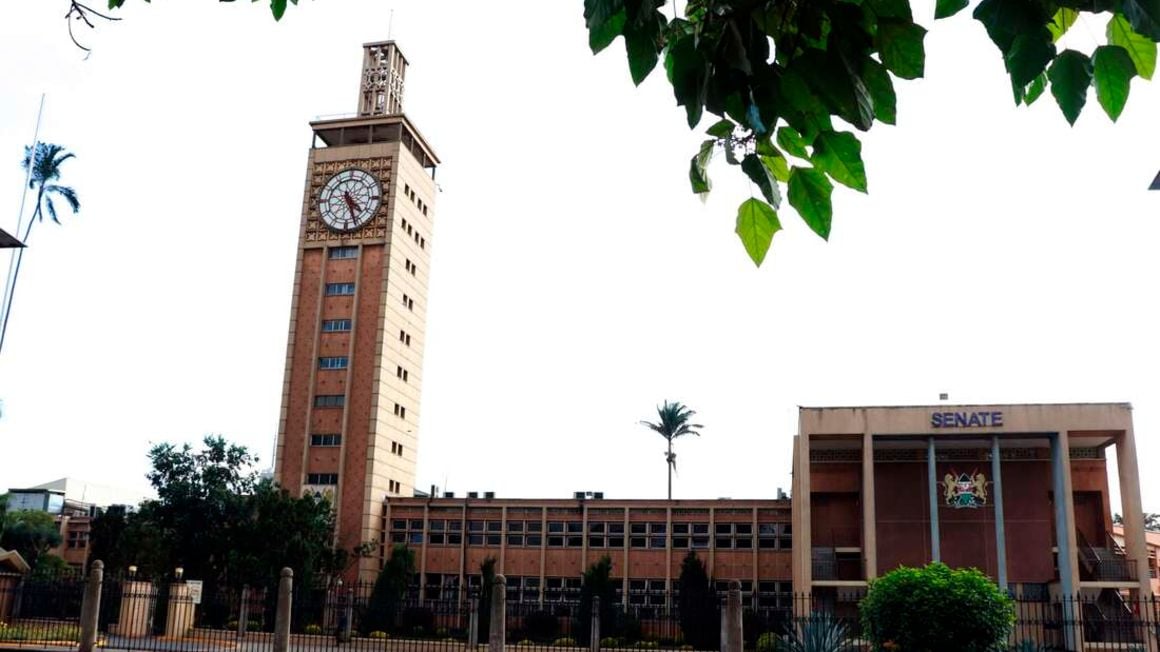
Depositors in collapsed banks will be compensated within six months after MPs overruled President Uhuru Kenyatta's advisory to remove the time cap for the Sh500,000 compensation.
President Kenyatta had on February 3 rejected the Bill, saying it conflicts with Kenya’s law and international standards that demand depositors in failed banks be paid within 30 days of the institution being placed in liquidation.
The President had advised the MPs to delete the sections in the proposed law that prescribe six months as the waiting period for payment of compensation ahead of him approving the law.
But Parliament got votes of more than 233 MPs or a two-thirds majority of the House to overturn the President’s memo in line with the Constitution.
This forced Mr Kenyatta to sign the law, which took effect last month, with the six months clause, which the parliamentary committee on Finance and National Planning said will be harmful to depositors because they would wait longer to be refunded in the event of a collapse.
“The corporation (Kenya Deposit Insurance Corporation) shall make the payment to a customer under subsection (1), within six months or any shorter period following the conclusion of liquidation of the institution insured,” says the Act that was recently made public.
President Kenyatta wanted MPs to delete the proposal to amend Section 28 of the KIDC Act that introduced the new provision prescribing the caps.
“The President notes that the proposed new subsection is inconsistent with section 33(6) of the Act,” the February memorandum stated.
The Act requires that where the KDIC is obliged to start payment in respect of any insured deposits, the corporation shall within 30 days after the appointed liquidator make payment based on the records of the institution and the opinion of the corporation as regards entitlements of the amount claimed.
The Head of State also rejected the caps, saying they conflict with the International Association of Deposit Insurance’s core principles for an effective deposit insurance system.
He said paragraph 15 of the International Association of Deposit Insurance provides that the deposit insurance system should reimburse depositors’ insured funds promptly to contribute to financial stability.
The paragraph also dictates that there should be a clear and unequivocal trigger for insured depositor reimbursement.
MPs rejected the proposal to double the compensation from Sh500,000 to Sh1 million.
The KDIC — an independent agency that manages the deposit refund in collapsed banks — had opposed the raise, saying that if passed, it would increase its exposure to Sh950 billion against the current fund of Sh130 billion.
The agency added that changing the law to allow for compensation per account instead of per depositor would be against the internationally accepted best standards of deposit insurance.
Kenya in July 2020 increased the depositors' compensation in collapsed banks to Sh500,000, marking the first increase in 30 years.
It was increased from Sh100,000, which had remained since 1989.
The low compensation had exposed wealthy savers to higher losses in the event of bank closures because the refund was not adjusted to take into account changing economic realities over the three decades.
This increased coverage from 90 percent of the deposits to 98 percent and in terms of value from eight percent of deposits to 20 percent.
The KDIC is funded by charging commercial banks a small percentage of their deposits in the form of insurance.
Currently, all banks pay an annual premium at a flat rate of 0.15 percent of the average total deposit liabilities or Sh300,000 per bank, whichever is higher.
The fee is applied uniformly and assessments are carried out in July and premium payments are expected by August of each year.
In 2015 and 2016, Dubai Bank, Chase Bank and Imperial Bank were placed under receivership, fuelling jitters among investors.
Dubai Bank is facing liquidation while Chase Bank and Imperial Bank had their good loans and deposits transferred to State Bank of Mauritius and KCB Group respectively.
Last month, KIDC started paying depositors of Dubai Bank, Euro Bank and Kenya Finance Bank following the recovery and sale of the lenders’ assets.
The payments will translate to full compensation to claimants of Euro Bank fully paid while those for Dubai Bank and Kenya Finance Bank will have been paid 92 percent and 93 percent respectively.
The corporation is currently overseeing the liquidation of 19 financial institutions with the payment to depositors and creditors set to be paid over a period of one year from the date they are declared.
jmutua@ke.nationmedia.com



No comments:
Post a Comment